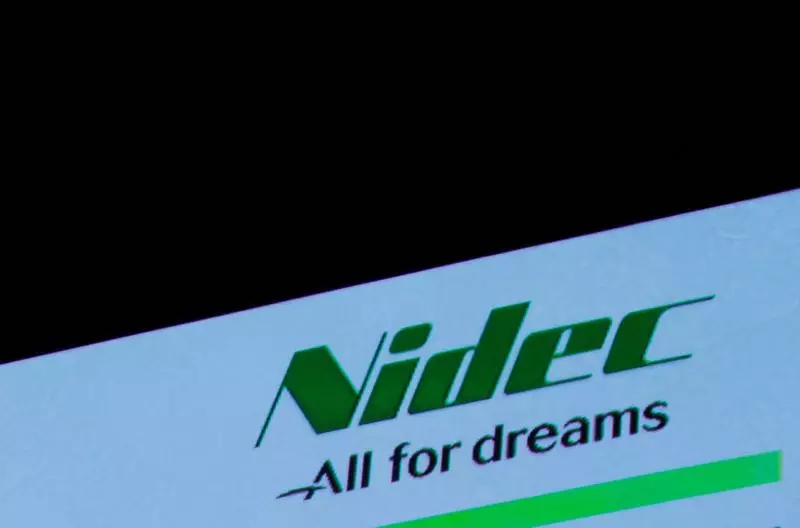In the competitive landscape of electric motor manufacturing, Japanese company Nidec has successfully registered a 5% increase in its operating profit for the third quarter. This accomplishment, however, comes with a patchy backdrop of fluctuating demand across various segments. The reported profit of 54.5 billion yen (approximately $348 million) for the quarter ending December marks growth from 51.8 billion yen year-over-year. Nevertheless, this figure lagged behind analysts’ expectations of 62.3 billion yen, suggesting that the firm is navigating through tougher waters than anticipated.
Nidec’s performance can largely be attributed to robust demand in sectors like data center power generation and battery energy storage systems. The increasing reliance on digital infrastructure, particularly in an era marked by significant reliance on AI, has led to heightened interest in advanced technologies that ensure operational efficiency. This specific vertical is expected to be a major revenue driver for Nidec, culminating in potential sales expansion of up to 1 trillion yen in the future. However, while this paints a promising picture of future growth, it raises critical questions about the sustainability of this demand and whether the company can effectively capitalize on it over the long term.
Despite the year-over-year growth, Nidec’s quarterly performance reflects a decline of 10% compared to the previous quarter. This concerning trend highlights the struggles faced by the company, primarily caused by supply chain delays, particularly in securing next-generation graphics processing units. Furthermore, the downturn in the European automotive market, where the demand for automotive products has fluctuated due to economic instability and changing consumer preferences, has put additional strain on Nidec. Such inconsistencies could potentially undermine investor confidence and cast doubts on the solidity of the company’s growth paradigm.
Nidec’s strategic foresight in electric vehicle (EV) technology is another pivotal element of its growth narrative. The company is heavily investing in developing e-axle traction motors, which combine essential components such as gears, motors, and power-control electronics, crucial for the burgeoning EV market. This endeavor aligns with global shifts toward sustainable energy solutions—an area projected for rapid expansion in the coming years.
Moreover, Nidec has taken a bold step in December with a 257-billion-yen unsolicited bid for Makino Milling Machine, indicative of its aggressive strategy to consolidate its market position and diversify its offerings. This acquisition could potentially bolster Nidec’s capabilities and product range, enhancing its competitive edge against other players in the sector.
Nidec’s recent performance underscores both the opportunities and challenges prevalent within the electric motor industry. While the company displays promising growth in specific sectors, it must navigate supply chain complexities and market fluctuations to maintain and enhance its profitability. The strategic push into electric vehicles and potential acquisitions may serve as a robust strategy for future expansion. Still, the company’s ability to adapt to changing market dynamics will ultimately define its trajectory in the competitive global marketplace.

